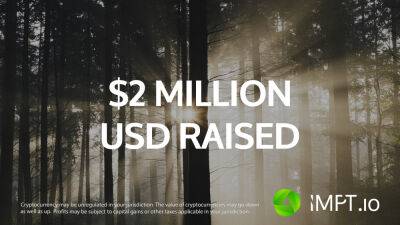45% of ETH validators now complying with US sanctions — Labrys CEO
According to the CEO of blockchain development agency Labrys, Lachan Feeney, approximately 45% of all Ethereum blocks currently being validated run MEV-boost relay flashbots and comply with United States sanctions.
Speaking to Cointelegraph in an interview on Sept. 30, Feeney noted that while reports have stated that 25% of all blocks validated since the Merge complies with US sanctions, this is a lagging indicator and the current number is likely to be closer to one out of every two blocks.
Feeney pointed out that MEV-Boost relays are regulated businesses, often U.S. based, and are “censoring certain transactions in the blocks that they build, particularly transactions from Tornado Cash.”
The CEO also pointed out validators have a financial incentive to use MEV-Boost relays, which would drive an uptick in their usage, noting:
MEV-Boost relays are centralized entities dedicated to efficient Maximal Extractable Value (MEV) extraction. With Flashbots being the most popular, MEV-Boost relays effectively allow validators to outsource block production and sell the right to build a block to the highest bidder.
Labrys released an MEV Watch tool on Sept. 28, which can inform validators about which MEV-Boost relays comply with Office of Foreign Assets Control (OFAC) sanctions. Referring to the motivation behind the tool, Feeney said:
Feeney noted a worst-case situation often referred to as hard censorship, where “nodes would be forced by regulation to basically discard any blocks with any of these transactions in them.”
“That would mean no matter how long you waited, no matter how much you paid, you would never get to a point where those sanctioned transactions would get included in the blockchain," he explained.
He also pointed out
Read more on cointelegraph.com

 cointelegraph.com
cointelegraph.com


![Brazil: USDT, Bitcoin [BTC], and…? New crypto-declarations suggest… - ambcrypto.com - Usa - Brazil](https://gocryptonft.com/storage/thumbs_400/img/2022/10/10/72170_sczug.jpg)


